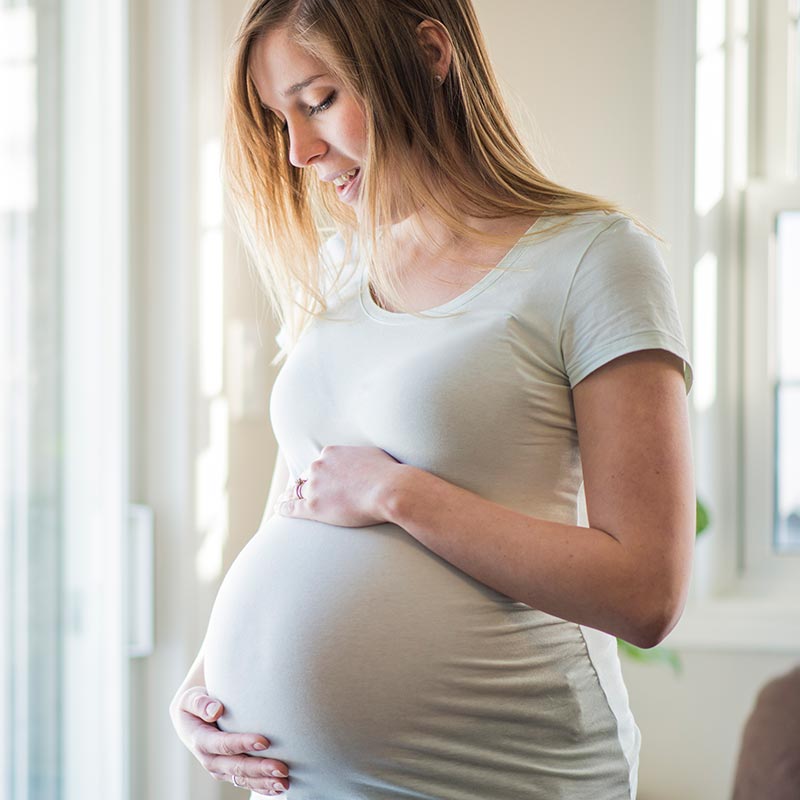What to Eat When Trying to Conceive
Food and fertility are linked for both men and women. Not getting enough nutrients can affect the production of semen and testosterone in men. It can also affect your periods, which makes it harder to predict when you’ll ovulate. To stay on a good path, consider keeping these items on hand for a nutrient-dense diet:
- Skinless chicken and turkey and lean cuts of beef and pork
- Low-mercury seafood (such as shrimp, crab, halibut, cod, rainbow trout, herring, sardines, yellow fin tuna, salmon and canned light tuna)
- Fresh fruits and vegetables of the leafy dark green, yellow and orange varieties
- Whole grains (at least half coming from brown rice, 100 percent whole wheat/grain bread/pasta or oatmeal)
- Easy-to-digest foods to help with any nausea (such as low-salt crackers/pretzels/nuts, popsicles, frozen fruit, raw vegetables and dry cereal)
- Plenty of water (at least 8 glasses per day) or ginger ale for nausea
- Hard cheese (including cheddar, Monterey Jack and Swiss)
- Low-fat or non-fat dairy products
- Less than 10 percent of daily caloric intake coming from added sugar
Take a Prenatal Vitamin
Begin taking a prenatal vitamin about 90 days prior to when you start trying. Starting a prenatal vitamin is like fertilizing your lawn before planting. Taking these vitamins now may also help minimize complications down the road, so you can think of them as a healthy investment in your future. Bonus: your hair and nails will grow.
Foods to Avoid
Reducing unhealthy fats and adding foods that are rich in folic acid, iron and calcium are important. Be sure to stop eating raw fish (no more sushi), as well as fish that’s high in mercury, like swordfish, tilefish, king mackerel and shark. If you love seafood, shrimp, salmon, catfish and trout are safer choices. Staying away from the wrong kinds of foods is crucial during this time. Be cautious with deli meats, raw or undercooked eggs, raw vegetable sprouts, unpasteurized juices and ciders, and other foods. Learn more about foods to avoid and talk to your doctor to come up with a healthy nutrition plan.
Weight Matters
It’s not just food that affects fertility. Being underweight or overweight can delay the amount of time it takes to get pregnant. If you’re significantly underweight or obese, there’s a chance that you might not ovulate at all. If your partner is overweight, it can cause low testosterone and infertility. It’s generally not a good idea to lose weight when you’re already pregnant, but if you’ve both got a few pounds to lose, now is a great time to support each other in getting to a healthier weight.
Exercising When Trying to Conceive
The benefits of exercise in the prenatal period are realistic — and recommended. Some of the safest and best exercises are swimming, yoga, Pilates, and other activities that carry little risk of injury and benefit your entire body as it changes during pregnancy. Brisk walking, indoor stationary bicycling and low-impact aerobics can usually be continued until birth too.
Source: American College of Obstetricians and Gynecologists



